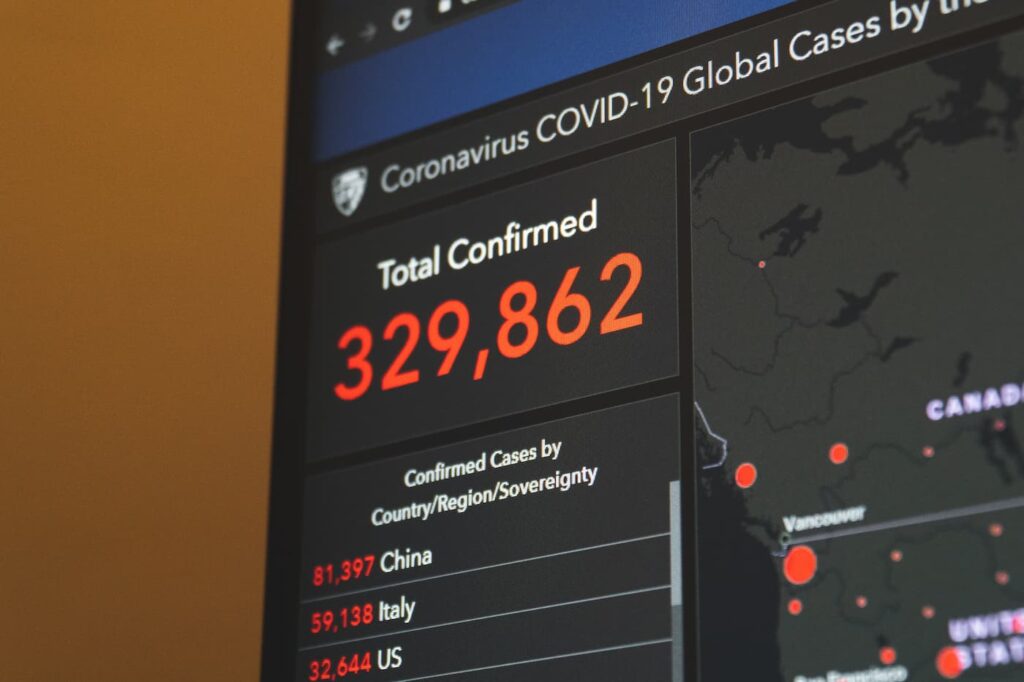As of August 3rd, the Centers for Disease Control (CDC) issued an order which temporarily halted evictions in counties with high transmission of COVID-19. This new moratorium arose as a result of the increase in COVID-19 transmission due to the Delta variant. Along with the fact that so many American renters are still struggling to repay rent owed.
According to the CDC, this new eviction moratorium is “intended to target specific areas of the country where cases are rapidly increasing, which likely would be exacerbated by mass evictions.” As with the previous federal eviction moratorium, this applies to “covered persons” who must submit a declaration to their landlord to qualify. This order also covers current evictions that began after the expiration of the previous moratorium on July 31st. However, it does not retroactively cover evictions completed between August 1st and 3rd. The new moratorium will expire on October 3rd 2021.
Legal Challenges and Scope
Legal challenges to the CDC’s previous eviction moratorium extension threw the fate of such measures in doubt. After a federal judge ruled on May 5th that the CDC did not have the authority to restrict evictions on a national level, the Supreme Court allowed the moratorium to remain in place in a June ruling. When Congress failed to approve an extension to the existing blanket ban on evictions, the CDC came forward with a more narrowly defined moratorium that applies only to counties with high transmission of COVID-19. The new eviction moratorium rolled out three days after the previous one expired on July 31st.
While the CDC defines the new moratorium as “narrower and targeted,” its reach is nearly as vast as its predecessor. Because COVID-19 transmission rates are so high, the ban applies to 85 percent of counties and over 90 percent of the American population.
What do Portland Landlords Need to Know?
Portland property managers have a few additional factors to consider on top of the new CDC moratorium. Multnomah County also has its own eviction protections, introduced in early July under Oregon Senate Bill 278. Unlike the federal moratorium, it protects tenants in a 90-day window after they supply their landlord with a notification that they have applied for the Oregon Emergency Rental Assistance Program (OERAP). Multnomah County’s eviction ban buys time for qualifying Oregon renters still waiting for financial aid because the government has struggled to disperse the massive amount of funds on time. On top of the Multnomah County eviction protections, Portland landlords have a few other questions regarding the new CDC ordinance.
What Determines a High Transmission Rate?
The CDC defines a high transmission rate as over 50 new cases of COVID-19 per 100,000 residents in a county within the last 14 days. A county with transmission rates below that threshold for 14 consecutive days will no longer be bound by the moratorium. On the other hand, a county that initially had a low transmission that experiences a spike in COVID-19 cases will become subject to the eviction moratorium until cases fall beneath the high transmission threshold for another 14 days.
Which Residents Does This Order Cover?
As with the previous ban, the moratorium covers residents who submits a signed declaration with all the qualifying elements. If your resident submitted a statement under previous eviction moratoriums, they do not need a new one to remain covered. Though the CDC has a default form available, any written document that an eligible resident presents to their landlord qualifies. The CDC’s moratorium does not prevent a landlord from challenging the truthfulness of a resident’s statement in court, as the tenant will be under penalty of perjury if the declaration is found to be false.
What Type of Evictions Are Still Legal?
Certain types of evictions are still legal under both the CDC and Multnomah County eviction bans. Legal reasons for evicting a tenant include:
- Criminal behavior on the premises of your property (other than trespass for remaining in a property despite nonpayment of rent).
- Damaging or posing a significant risk of damaging the property.
- Threatening the safety or health of other residents.
- Violating the building code, health ordinance, or other contractual obligation other than payment of rent or additional housing-related fees.
The CDC order does not prohibit charging or collecting fees, penalties, or interest due to failure to pay rent if an existing contract specified those terms. However, it does not allow landlords to evict a tenant for nonpayment of those fees.
What Are The Penalties For Violating the Moratorium?
A landlord who evicts a covered tenant despite the CDC’s eviction ban may find themselves fined for up to $100,000 and a year in jail. If a tenant dies after being evicted, the fine can be as much as $250,000 and a year in jail.
Get Help Facing the Continuing COVID-19 Fallout
Across the nation, 15 million people in 6.5 million households are behind on rent payments, owing landlords some $20 billion. This situation has strained existing infrastructure, putting tremendous pressure on tenants and landlords alike during an already difficult year. Shouldering the burden of unpaid rent during COVID-19 has created an enormous amount of financial anxiety for Portland landlords.
One way to get your business in order is by working with a property management company like Rent Portland Homes by Darla Andrew. With our budgeting services, we can restructure your rental’s finances, charge the optimal rent, and maximize your return on investment. In fact, our properties regularly rent for 20 percent more than the price of self-managed properties. By partnering with us, you’ll enjoy greater financial stability, stellar tenants, and no more worrying about hair-pulling maintenance issues. We aim to take the uncertainty out of your property management concerns. To learn more about our extensive services, call or text us today at (503) 515-3170. You can also fill out the contact form on our website.
